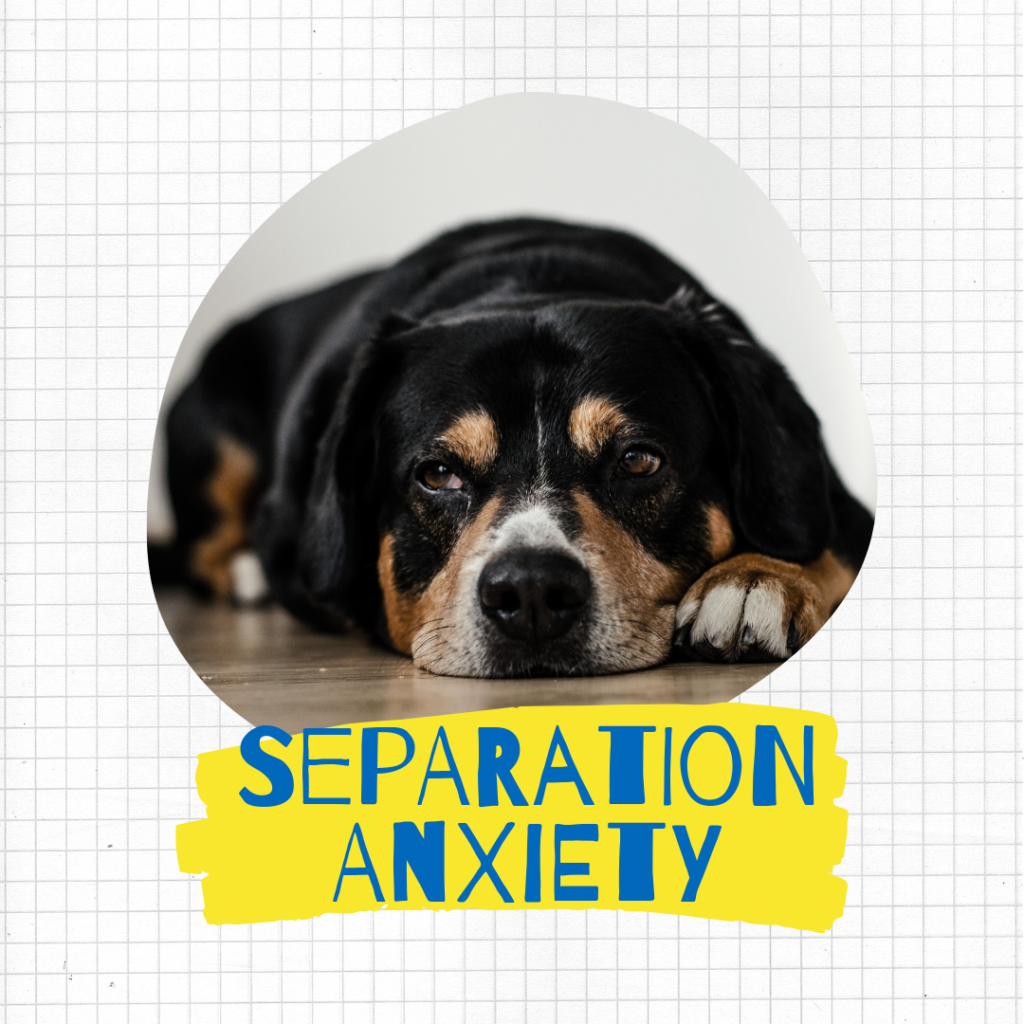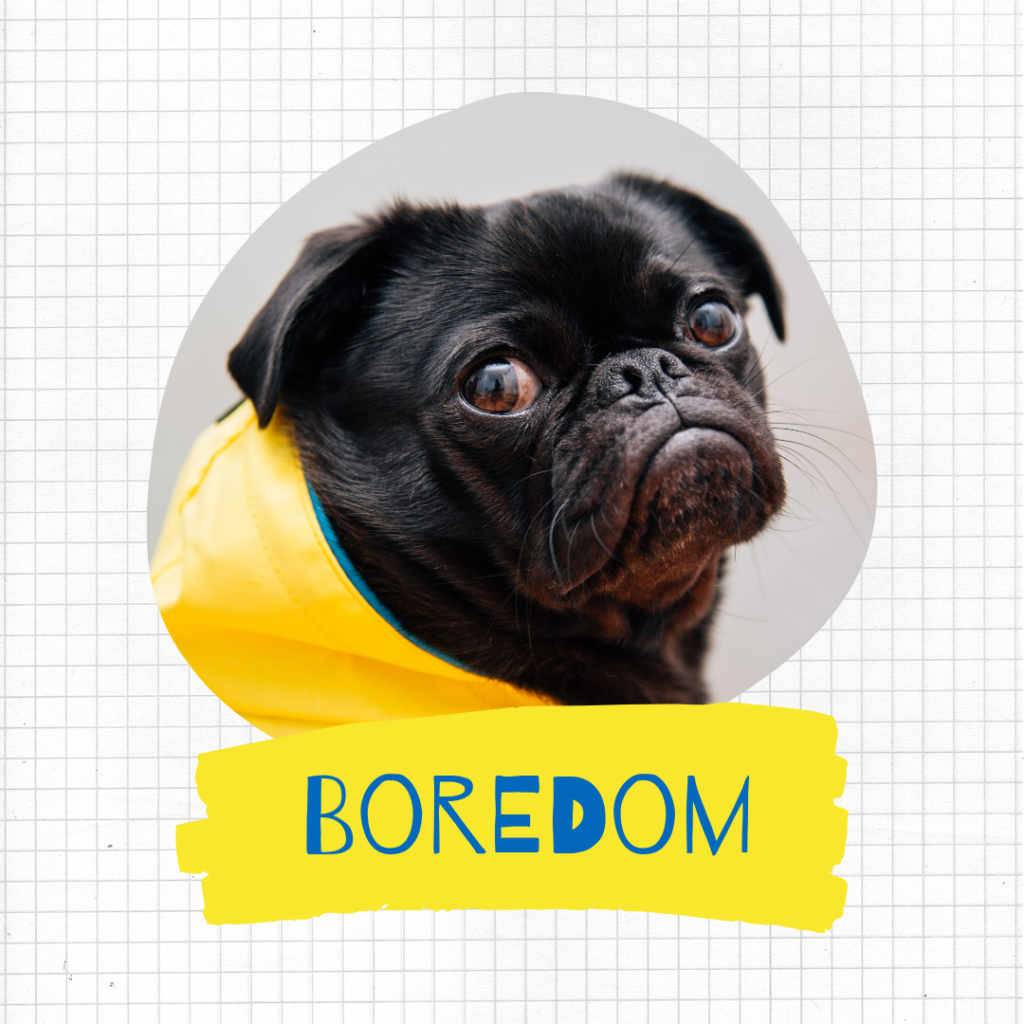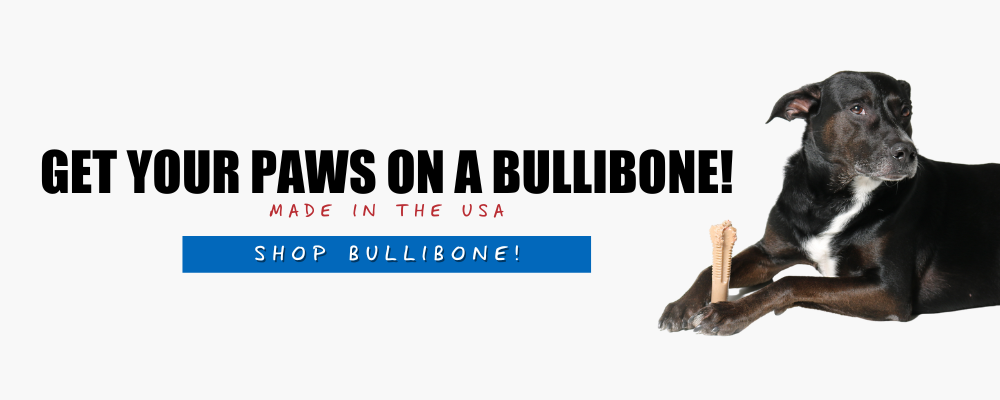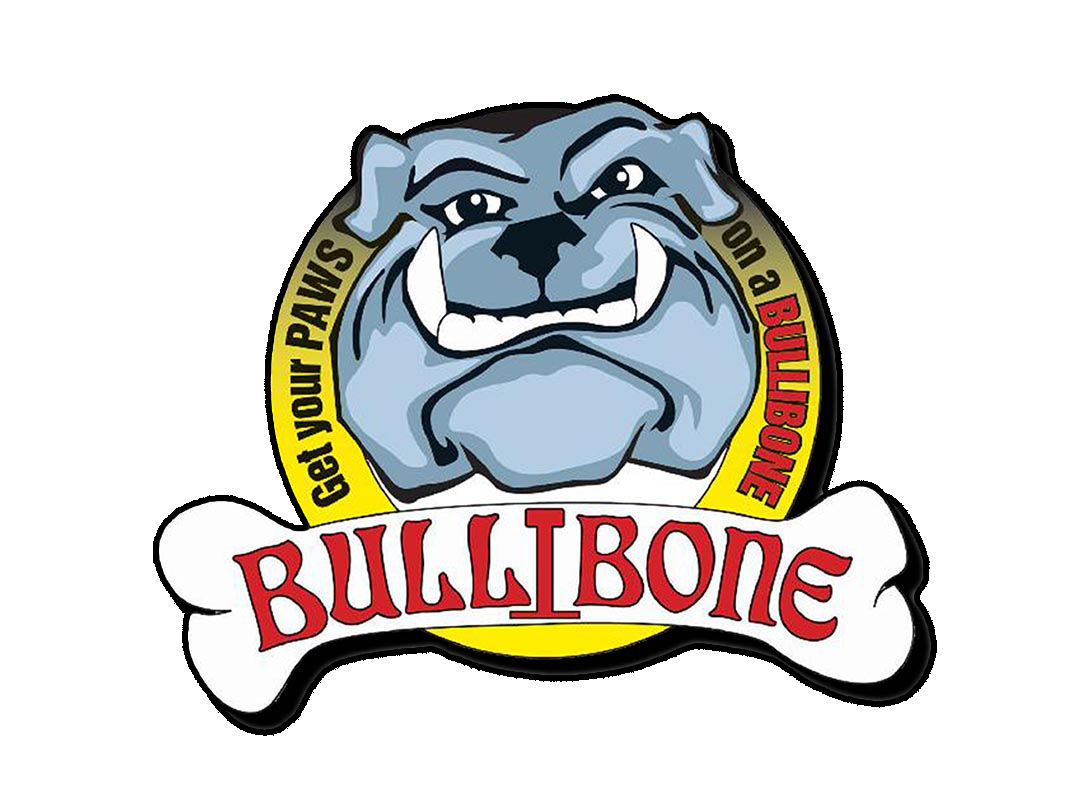Why Dogs Chew
Dogs have a long and fascinating history with humans, dating back thousands of years. They were first domesticated from wolves, who were attracted to human settlements by the availability of food and scraps. This is a pretty crazy concept to think about. Our human ancestors would sit around eating food and there would be wolves just hanging out around the campfire. Someone thought throwing a piece of food to the giant sharp teeth hovering in the shadows and seeing what happens would be a good idea.
Over time, dogs evolved to interact with humans, and their behavior, including their chewing habits, changed as a result.
When we think of domestic dogs today, we think of a German Shepherd, Labrador or Border Collie, which is a far cry from their wolf ancestors. But a modern dog’s mouth evolved from their ancestors, so it’s important to look back at their heritage to uncover the reasons for dog chewing behavior.
In the wild, dogs have access to bones, sticks, and other objects that help keep their teeth clean and strong. In our modern society, we need to provide hard objects like nylon chew bones that mimic objects dogs would find in the wild while decreasing their chances of fracturing teeth.
Chewing is a natural behavior
Chewing is a natural behavior that serves a biological purpose, helping to remove plaque and tartar buildup from a dog’s teeth and stimulating the production of saliva, which aids in digestion. However, dogs cannot access these same hard objects to chew on in a domestic setting.
As dogs evolved to interact with humans, their behavior changed. They became more social and less aggressive, which helped them to better integrate into human society. However, this also led to changes in their chewing habits. In a human environment, dogs may chew on furniture, shoes, or other inappropriate objects around the house.
However, over time, dogs have had to adapt to an environment not tailored to their chewing needs. While they may still have a natural tendency to chew, they may not have access to the same hard objects to chew on that they would in the wild. This can lead to frustration and destructive chewing behavior for the dog.
This destructive behavior can also be frustrating for pet parents. To prevent this behavior, providing dogs with an appropriate chew toy is important. Nylon dog bones like Bullibone are a great solution for dogs who need to chew, and they are USA made dog toys. They are durable, long-lasting, and designed to promote healthy chewing habits.
Some dogs may also have specific chewing needs based on their breed or individual temperament. For example, some breeds are known for being heavy chewers, while others may be more prone to dental problems. An older dog may have sensitive teeth and require softer chews than a teething puppy. It’s important to consider these factors when choosing an appropriate chew toy for your dog.
Chewing from Allergies and Potential Health Issues
We can’t say for sure if wild wolves from thousands of years ago suffered from allergies and skin conditions like the current version of our housebroken family members today. Discovering this truth is probably not very high on any archaeologist or scientist’s list of priorities.
Our dogs today seem to suffer from all sorts of allergies that probably wouldn’t be useful living in the wild. It’s already hard enough to catch prey as a wild dog, but if you are telegraphing your position with loud dramatic dog sneezes every time spring rolls around and the flowers are blooming, the chances of a successful hunt go down substantially.
Funny side thought- the wolves our modern dogs evolved from would spend all day hunting and foraging for food in the wild. They would eat whatever they could get their hands on and sleep soundly in the woods. Our dogs today have explosive diarrhea if we give them cookies or treats their poor little tummies aren’t used to. Ok… back on track here.
Chewing is a natural behavior for dogs. Every dog does it. But if you pay attention to your dog, you can tell if it’s normal chewing or excessive chewing. Excessive chewing can be a sign of some other stuff going on. Allergies and dental problems can lead to excessive chewing behavior. Pet parents must keep an eye out for signs of a health problem and consult with a veterinarian if they notice anything out of the ordinary.
Some signs to watch out for in your dog’s chewing habits:
- Excessive chewing or licking on their paws
- Red or inflamed skin
- Hot spots or open sores
- Chronic ear infections
- Changes in appetite or weight loss
- Behavioral changes
- Aggression or anxiety
You shouldn’t freak out if you notice anything like this. It’s probably something normal, but it never hurts to double-check with a vet or someone who knows what they are talking about. Disclaimer- Obviously, don’t use our blog post as a way to diagnose your little buddy. We are just trying to be helpful.
Here are some other reasons our modern dogs chew on things and ways to manage them-

Separation anxiety can drive your pup to destructive behaviors such as chewing and soiling in the house. Or hurting themselves trying to escape. Anxious dogs may bark excessively and refuse to eat or drink. The best response is to talk with your vet about how to get a dog to calm down when experiencing separation anxiety and look into some dog training.

When an owner is gone, a pup is home alone, with no one to play with – boredom in dogs can occur. Before you leave, make sure he has something mentally stimulating or his favorite dog chews to keep him content. This can mean far less destructive behaviors while you’re not around.

Curiosity and discomfort both motivate your puppy to chew, especially during the puppy teething stage. Providing an appropriate dog chew to soothe and comfort helps your pup while they’re losing baby teeth and gaining adult ones. Dog toys which can be frozen or a frozen wet washcloth, make great chew toys for teething puppies.

Dogs, like people, need ways to entertain themselves. As a dog owner, it’s your duty to provide daily walks, free play with other dogs, and tug and fetch games to help mentally stimulate your dog. Puzzle toys also challenge them and provide mental stimulation while teaching important skills. Such stimulation keeps your dog healthy and happy.

Shaking or tearing nearby objects or biting can be signs your pup is getting stressed. Being around other dogs they are scared of, being teased by children, or boredom from lack of attention can create stress and frustration. Try to avoid putting your pet in those situations.

Diets don’t come easy for dogs or humans. A calorie-restricted diet, though it might be healthy, can leave your dog craving more. Providing a flavored dog toy that smells like food can ease potential destructive behavior in dogs.

We know what you are thinking. “how do I make it stop?” “will this last forever?” Well, exercise, lots of hugs and kisses, and a healthy and safe alternative is the best way to go!
Having the correct chew toy is key to keeping those powerful jaws entertained and away from the furniture. And not to toot our own horns, but, are you ready to have your chew toys game changed FOREVER? And I mean FOREVER EVER!! A Bullibone is a satisfying and healthy toy for your dog since it has ZERO of those nasty dyes and chemicals.
Our bones also have ergonomic paw pad handles and an intuitive design that makes them a lot easier and more comfortable for your pup to grip– after all, they don’t have thumbs! And let me tell you something else: this one is the real game changer… Each Bullibone is permeated with REAL flavor all through so it will ALWAYS BE TASTY and pleasurable for your dog! Is your mind blown yet? If not, get ready… We just don’t know when to stop being awesome.
If all of that wasn’t cool enough, we also have different shapes and sizes, so you can pick the bone that will best suit your pups chewing habits, intensity, and needs!

